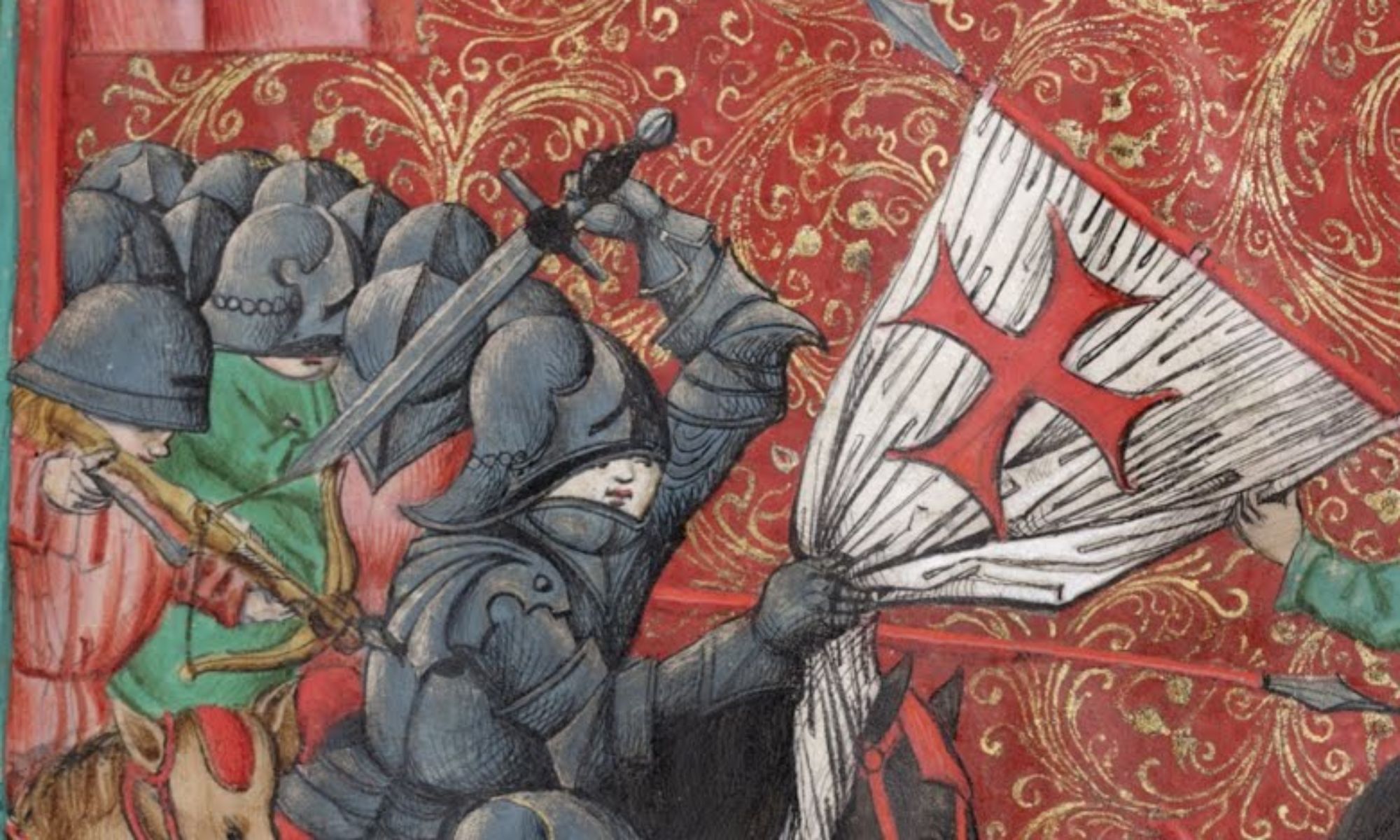
During the International Medieval Congress in Leeds (Climates; 5-9 July 2021, online), the EXPRO team sponsored and organised two panels. These two sessions (Diagnosing Crisis: Perceptions of Decay in Late Medieval Central Europe I-II), organised by CMS, aimed to explore the late medieval impression of crisis. The historiographical debate on the late medieval crisis has not reached a consensus on whether there was an economic and demographic depression in Central Europe around 1400. What, however, has emerged as evident is the general sense of decadence in late medieval society. The papers examined how medieval authors detected the symptoms of crisis, what discourses they used to expose them, and where they located the responsibility for the decline. Were these diagnoses intended to prevent conflict, or did they exacerbate them? These questions gain particular relevance when applied to periods of increased social, political, and religious turbulence, such as the Hussite Revolution and the polemics surrounding Conciliarism and the Papal Schism.
The first panel dealt with the image of decay and approaching End of time in Central Europe and Germany. The panel’s central question was to interrogate how the decline and political crisis articulate on the discursive level. Frances Kneupper (University of Mississippi) explored the commentary of late medieval clerics and prominent theologians on female prophets as signs of the End. Pavel Soukup (CMS) presented and interpreted the Winand of Steeg’s work Adamas colluctancium aquillarum from 1419 and its vision of political and religious crisis. Pavlína Cermanová (CMS) delt in her paper with treatises on Apocalypse of Hussite radicals focusing mainly on their prophetic vocabulary.
The second session contained only two contributions and was more focused on late medieval Bohemia. Vaclav Žůrek (CMS) explored in his paper how theologians, preachers, or chroniclers in post-(Hussite)war Bohemia use nostalgia in contemporary political as well as religious controversies. Then Adam Pálka (CMS) focused on the discourse of violence and wartime terrors of the Hussite revolution in a religious polemic in the second half of the 15th century.
